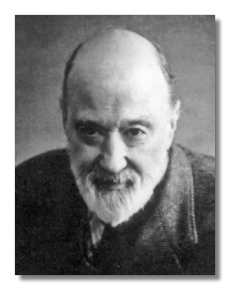 Listening to Charles Ives’s Concord Sonata and reading the lives of Emerson, Hawthorne, the Alcotts and Thoreau gave insight to the movements that were named after each Transcendentalist. Emerson’s tempestuous chords brought in Beethoven’s Fifth Symphony’s fateful knocks. And, almost Biblical, after the storm came a sweet quiet. Hawthorne’s collage followed: A hymn that was sabotaged and bombarded; a whimsical circus-like melody stitched together with ever changing harmony. After the Alcotts’s tenderness and Thoreau’s subliminal evocation, the sonata vaporized before the listener.
Listening to Charles Ives’s Concord Sonata and reading the lives of Emerson, Hawthorne, the Alcotts and Thoreau gave insight to the movements that were named after each Transcendentalist. Emerson’s tempestuous chords brought in Beethoven’s Fifth Symphony’s fateful knocks. And, almost Biblical, after the storm came a sweet quiet. Hawthorne’s collage followed: A hymn that was sabotaged and bombarded; a whimsical circus-like melody stitched together with ever changing harmony. After the Alcotts’s tenderness and Thoreau’s subliminal evocation, the sonata vaporized before the listener.
As his music exploded on the score, Ives made me think of the expanse of the page, and how to write to the edge and fall off…

Your comments are music to my ears. There exists a recording of Ives himself playing snatches of The Concord Sonata. You can hear him singing along. He never played it the same way twice. Lou Harrison, who knew Ives and worked with him, felt that Ives never wanted anything to be “finished.” Always subject to new possibilities. Ives might be called the Miles Davis of Classical Music! Adelle and I stayed with Lou Harrison at his home in Aptos. Lou had an “Ives Room” and a large version of the portrait photograph you reproduce in your blog. Adelle and I were there to do a reading, and we rehearsed my “Chorus: SON(G)” in the Ives room, under the portrait. One could feel the spirit.
If music expresses what cannot be expressed by language,does poetry do the same?